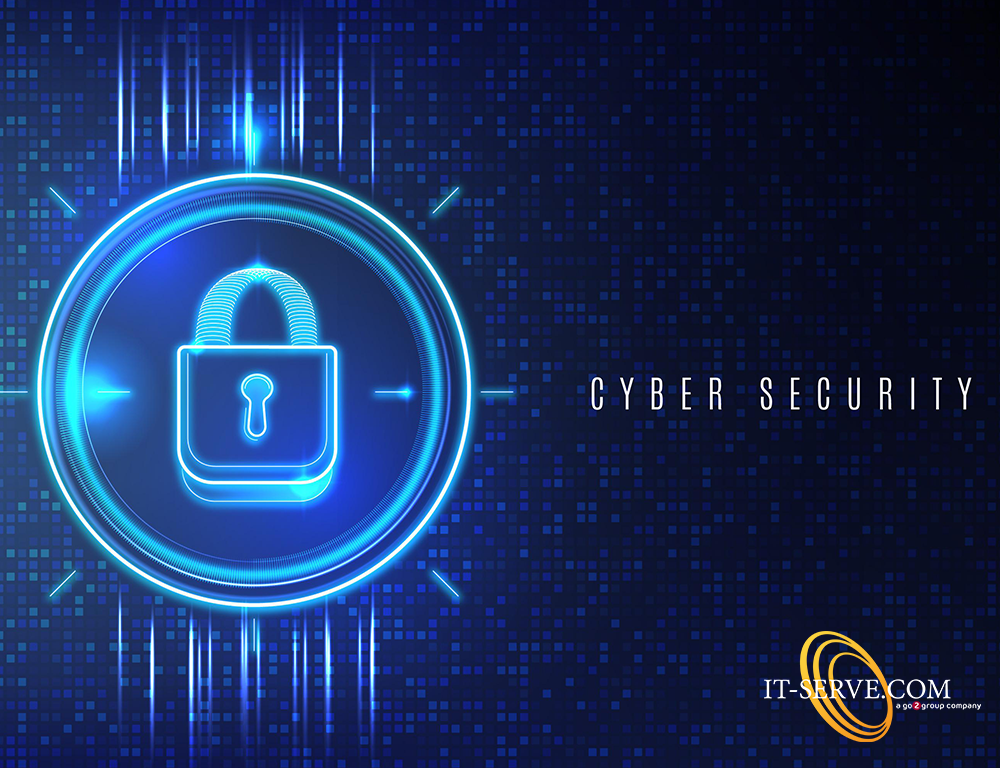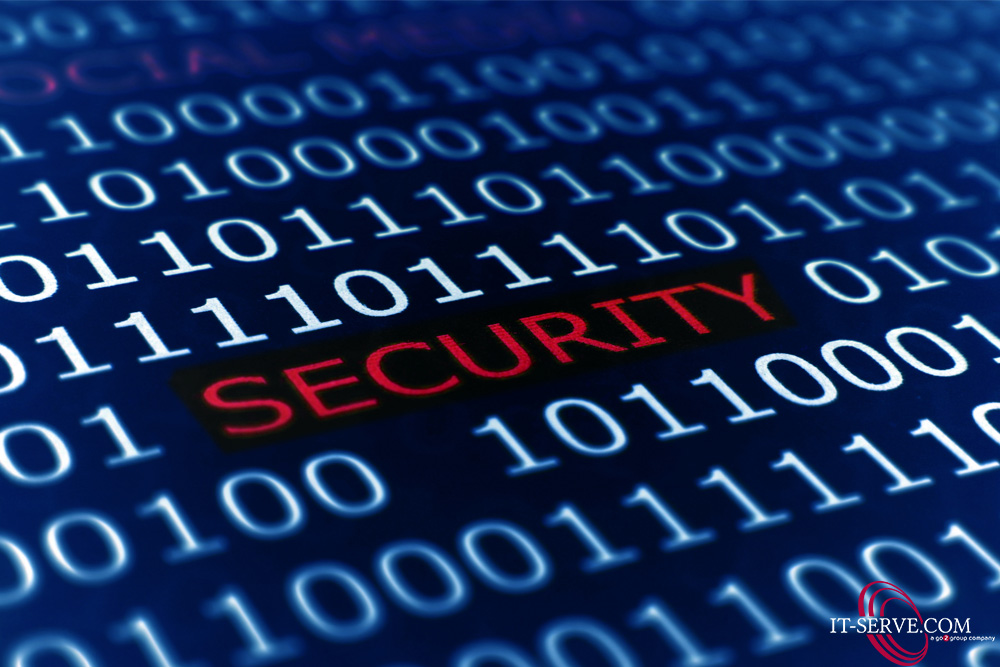
A cyber security risk assessment is about understanding, managing, controlling and mitigating cyber risk across an organization. It is a crucial and integral part of any organization's risk management strategy and data protection efforts. The main component of risk management, important to maintaining security and compliance as well as upholding any certifications that a company has worked so hard to achieve, is regular cyber security assessments and audits.
CYBER SECURITY AUDITS
When trying to determine whether an organization’s current cyber security processes meet the requirements of industry best practices or whether your organization is meeting the criteria of a security standard, there are the different types of assessments that can be done — a gap analysis, risk assessment, various IT tests, cyber security audits, and so on. These are all fundamentally important activities for continual security improvement and assurance.
In an external cyber security audit, the organization’s cyber security position is assessed against a recognized standard. An example of a leading audit standard is National Institute of Standards and Technology (NIST). Using this standard, a specialist will assess the organization’s cyber security functions to ensure that the organization is complying with the framework as laid out in the standard. As standards are basically a list of industry best practices, having successfully passed a cyber security audit means that the organization has all the essential processes and procedures to be relevant and secure. Thus, when dealing with cyber security, having yearly audits or even more frequent audits, will ensure the safety of not only your organization but also any clients you deal with.
CYBER SECURITY ASESSMENTS
Most of the time, audits alone may not reveal the any hazardous loopholes in the security controls your organization has in place, so undertaking periodic assessments and tests as well, are necessary over time. According to a study from the University of Maryland, a cyber attack against a computer with internet access happens approximately every 39 seconds. So depending on the standard of the audit, it may not cover every aspect of cyber security that ensures that no hacker will be able to infiltrate the system.
Below are some of the key benefits of a full cyber security assessment:
- Highlights vulnerabilities - The assessment will help organizations identify risks and threats to systems, whether they are internal or external. Also keep in mind, if a company was deemed extremely secure a year ago, it may not be the same case now. Hackers evolve and become more meticulous as time goes on. So if an organization passes with flying colours in one year, it is still recommended that assessments are performed regularly to expose any new vulnerabilities.
- Document security – Sensitive documents include insurance papers, partner agreements, bank documents, etc. Having a proper security policy for these documents is a must as they can be held as ransom by hackers and can also compromise client confidentiality and the integrity of the company. Assessments will explain which documents should be secured and why, and also test the current document security protocols.
- Educates employees – When a explain cyber security risk assessment takes place in an organization, employees will be better informed about cyber security of the company and the importance of risk assessment. This will greatly reduce the amount of human errors that usually occur.



















